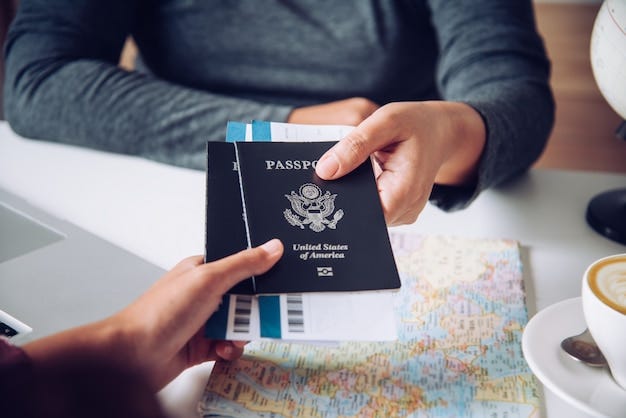Many People in the UK, with their children, have heard about the 7 years rule. The officials must have told them that their children need to wait till they complete seven years residing in UK. What most of the people often don’t know is that why this rule happened and what will happen when the child once reaches his/her 7 years residence.
The Home Office have DP5/96 policy that involves this seven-years child act, which tells a conjecture that if a child lived in the UK for a continuous time period of seven-years, he should not be removed in any case, from the UK. In December 2008, this presumption was quiet and withdrawn.
From July 9, 2012, the rules of Immigration changed, and they revise the idea of this seven-years policy as a standard for those family cases who have children. Check out immigration courses uk to develop your legal family law knowledge.
In December 2012, a new principle was presented that involves whether it would be judicious and practical for the child to leave the UK was added by Statement of Changes HC760. Since then, the new constitutional human rights presumptions at Part 5A of the 2002 Act have also combined with a two-stage trial of 7 years constant residence and whether it would be rational for the child to leave the UK.
The present Immigration Rules comprises of a 7 years provision which is valid where:
- the child lives in the UK
- the age of child is under 18 years
- the residing time period of child in the UK is at least 7 years
- then it would not be judicious to suppose the child to leave UK.
Table of Contents
Why this 7 years’ time span?
When the officials brought this seven-year child concession in the Immigration Rules, the descriptive transcripts associated (written in HC194, para 7.6) that specific change of policy stated that:
‘The key test for a non-British citizen child enduring on a permanent basis is the length of residence in the UK of the child – Which the rules set at least the last seven years, subject to countervailing factors. The changes are designed to bring consistency and transparency to decision-making’.
7 years is definitely a long time period for any child. In many cases a child who has lived here for shorter time period, these children will have little or kind of no memory of their life lived anywhere else. To remove that children from their schools, friends and all that memories, will in many cases be against their best comforts. So, many of Home Officials and the decision-makers, including some Judges, considered that when the parents of child have a history of poor immigration and the when the child would have to leave the UK with his family, regardless of the interests of child, the equilibrium ought to come down in favor of the state, the result being that the child will have to leave the UK with the rest of his family.
Factors influencing Applicant to leave the UK
The Home Office has provided a guidance criterion for its caseworkers regarding the test to be applied related to whether it would be rational to expect the child to leave the country or not. The aspects including to be taken into account are:
- in case of any substantial risk to the child’s well-being, for example, if the child is undertaking a treatment procedure for any serious illness and the country to which he or she would be going, doesn’t have that treatment facility
- whether the child is a citizen of the country to which he may return to
- whether it would be judicious for the child to go back with his parents
- whether the child has before lived or visited that country
- any extensive family ties in the UK
- any friendship or family networks country to which he may return to
- the child’s capability to read, speak and write a language spoken in the country to which he may return to
- whether the child ever joined school in that country to which he may return to
- any related cultural ties to the country to which he may return to and whether the child realizes that culture having been there
Preliminary Application
If a child has lived for 7 years uninterruptedly in the UK, can easily apply for permission to remain in the country on the private life sources. Paragraph 1 of 276ADE, point iv, entails that the candidate’s age must be under 18 years and he must have lived uninterruptedly for at least seven years in UK and it should not be judicious to expect a child to leave the UK.
Granted Period
Limited permission to remain in the UK, may be approved for a specific time period but not more than 30 months. Such leaves shall only be specified subject to such conditions as the Secretary of State considers suitable and judicious.
Extensions
You can apply for extensions of your stay, only If you have been earlier granted permission to stay in UK as a parent of child or child himself, under the route of 7 years child residence. For this purpose, you have to make an application for renewal of your stay to remain under this category.
Indefinite Leave to Stay
The successful candidate will be permitted for this leave to stay in the UK for 30 months under the route of 10 years of settlement whereby an application for Indefinite Leave to Remain (ILR) can be applied only after 10 years of constant residence in UK under this visa category.
Note: It is very important for applicants to follow the process with fully understanding of what the Home Office is asking in a successful application.





